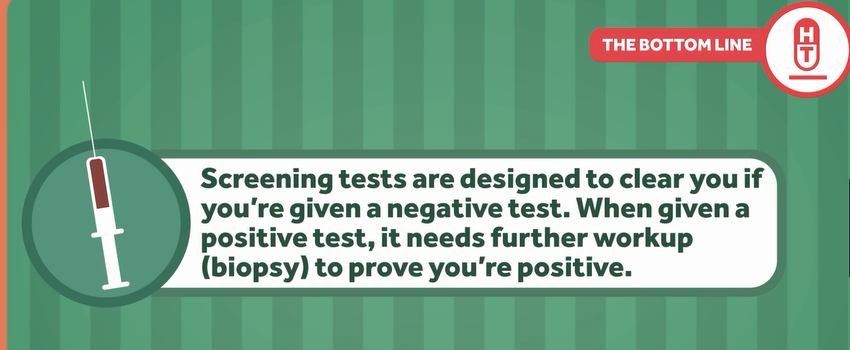筛选试验是一种对产品进行全数检验的非破坏性试验。
- 中文名
- 筛选试验
- 作 用
- 对产品进行全数检验
- 目 的
- 剔早期失效的产品等
- 特 点
- 这种试验是100%试验

What are screening tests?
筛选实验:人们有症状前就进行预防性检验,例如新生儿筛选实验,胆固醇测试或宫颈涂片测试
诊断测试:根据人们的症状进行测试
Screening tests are laboratory tests that help to identify people with increased risk for a condition or disease before they have symptoms or even realize they may be at risk so that preventive measures can be taken. They are an important part of preventive health care.
Screening tests help detect disease in its earliest and most treatable stages. Therefore, they are most valuable when they are used to screen for diseases that are both serious and treatable, so that there is a benefit to detecting the disease before symptoms begin.
They should be sensitive - that is, able to correctly identify those individuals who have a given disease. Many routine tests performed at regular health exams are screening tests. Cholesterol testing and Pap smears for women are examples. Newborns are screened for a variety of conditions at birth.
A positive screening test often requires further testing with a more specific test. This is important in order to correctly exclude those individuals who do not have the given disease or to confirm a diagnosis.
A diagnostic test may be used for screening purposes, but a diagnostic test is generally used to confirm a diagnosis in someone who has signs, symptoms, or other evidence of a particular disease.
